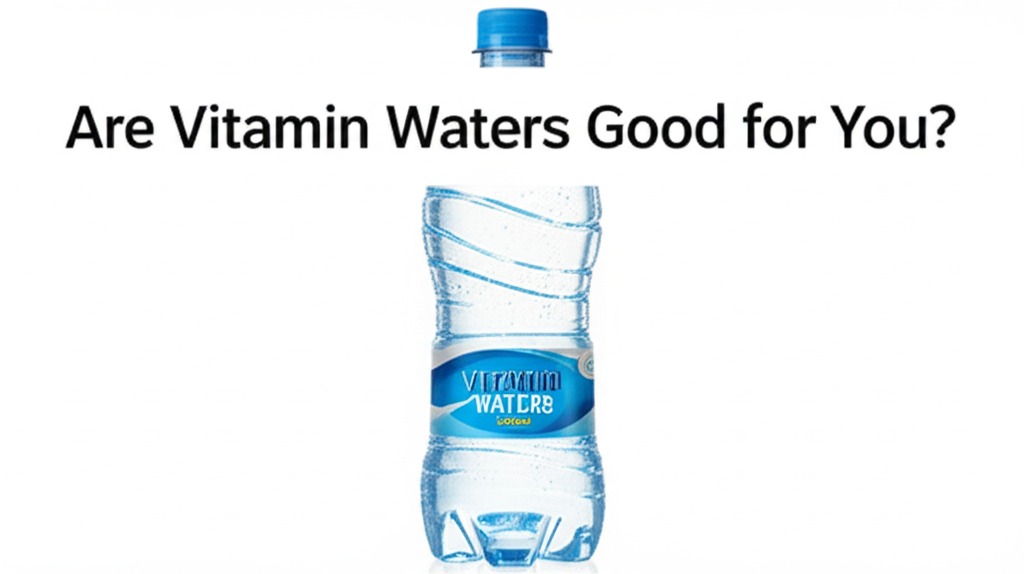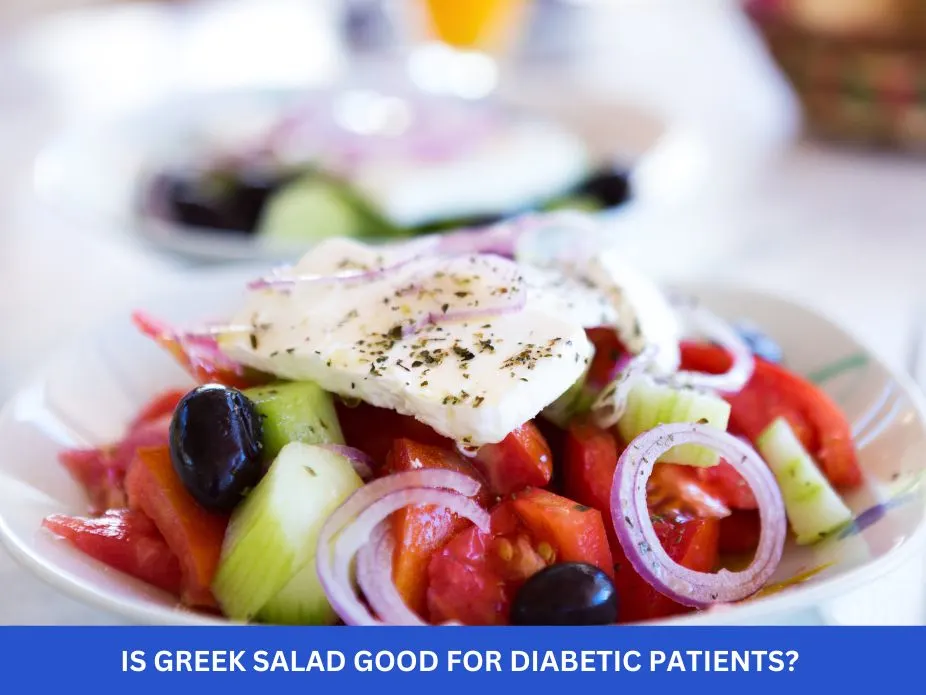Vitamin waters have become increasingly popular as an alternative to sugary sodas and plain water. Marketed as a healthy and convenient way to stay hydrated while boosting your vitamin intake, vitamin waters come in a variety of flavors, and many are fortified with essential nutrients like Vitamin C, B vitamins, and electrolytes. But are vitamin waters actually good for you? Or are they just another trendy beverage that falls short of their health claims?
In this article, we’ll dive deep into whether vitamin waters are a healthy choice. We’ll explore their potential benefits, the ingredients commonly found in these drinks, their nutritional value, and whether they’re really as good for you as they claim. By the end, you’ll be able to make an informed decision about whether or not vitamin waters are the right choice for your health.
What Are Vitamin Waters?
Vitamin waters are beverages infused with vitamins, minerals, and sometimes electrolytes. They are marketed as a way to hydrate your body while also giving it a nutritional boost. Many vitamin waters also contain added flavors and sweeteners to improve taste, making them more enjoyable than plain water for some people.
Vitamin waters typically contain a combination of vitamins, such as:
- Vitamin C: Known for its immune-boosting properties.
- B vitamins: Important for energy production and metabolism.
- Electrolytes: Help maintain hydration and support proper muscle function.
- Calcium, magnesium, or potassium: Minerals that support bone health and cardiovascular function.
Some popular brands of vitamin water include VitaminWater by Glaceau, Propel by Gatorade, and Naked. These products often boast additional health benefits beyond hydration, such as improved energy, skin health, or immune support.
Are Vitamin Waters Healthy?
The question of whether vitamin waters are healthy is not as straightforward as it might seem. While vitamin waters can provide certain nutrients, there are also some factors to consider before incorporating them into your daily routine.
1. Nutritional Value
Vitamin waters are often promoted as healthy beverages, but their nutritional value can vary significantly depending on the brand and specific product. Here’s a breakdown of what to look for:
Vitamins and Minerals
Vitamin waters are fortified with vitamins and minerals that can be beneficial if your diet is lacking in these nutrients. For example, many people don’t get enough Vitamin C, B12, or potassium, and vitamin waters can help bridge this gap. However, getting vitamins from a drink might not be as effective as getting them from whole foods, which contain a broader spectrum of nutrients and fiber.
Electrolytes
Some vitamin waters contain electrolytes like sodium, potassium, and magnesium. These minerals are important for hydration, especially after exercise or on hot days when you lose electrolytes through sweat. If you’re very active or tend to sweat a lot, electrolyte-fortified vitamin water can help replenish lost nutrients.
Calories and Sugar
The biggest concern with vitamin waters is their sugar content. Many vitamin waters are sweetened with sucrose or high-fructose corn syrup, which adds calories and sugar. For example, a bottle of VitaminWater can have up to 120 calories and 32 grams of sugar per serving, which is about 8 teaspoons of sugar.
Consuming drinks high in sugar can contribute to weight gain, increase your risk for diabetes, and have a negative impact on your overall health. Always check the label for added sugars before choosing a vitamin water.
2. Hydration Benefits
Vitamin waters are better than sugary sodas when it comes to hydration, as they typically contain more water and fewer harmful ingredients. However, they are still not as effective at hydrating as plain water. Water is always the best choice for hydration, as it’s calorie-free, sugar-free, and helps maintain optimal bodily functions without the extra additives.
That said, if you’re someone who struggles to drink enough water because you find it too plain, vitamin waters can offer a more flavorful alternative. However, it’s important not to rely solely on vitamin water for hydration, especially if you’re concerned about your sugar intake.
3. Health Claims
Vitamin water manufacturers often make claims about the health benefits of their products, such as boosting energy, improving immunity, or promoting skin health. While certain vitamins, such as Vitamin C and B vitamins, are essential for these functions, it’s important to understand that these claims may be overstated.
The levels of nutrients in most vitamin waters are unlikely to provide significant health benefits unless you’re already deficient in those nutrients. It’s always better to focus on obtaining nutrients from a well-balanced diet rich in fruits, vegetables, lean proteins, and whole grains.
Are There Any Risks to Drinking Vitamin Waters?
While vitamin waters can be a better option than sodas, there are some risks associated with them, especially if consumed in large amounts:
1. Excess Sugar Intake
As mentioned earlier, many vitamin waters are sweetened with sugar, and consuming too much sugar can have a range of negative effects on your health. Regularly drinking sugary drinks like vitamin water can:
- Increase your risk for obesity.
- Lead to insulin resistance, which is a precursor to type 2 diabetes.
- Contribute to tooth decay and gum disease.
If you’re trying to limit your sugar intake, look for sugar-free or low-sugar versions of vitamin water. Some brands offer options with natural sweeteners like stevia or monk fruit, which provide sweetness without the added calories.
2. Unnecessary Nutrients
Drinking vitamin water can add extra nutrients to your diet, but if you’re already getting enough vitamins and minerals from your food, you may not need them. Taking excessive amounts of certain vitamins, especially fat-soluble vitamins like Vitamin A, D, E, and K, can lead to toxicity.
While it’s unlikely that you’ll get too much of these vitamins from vitamin water alone, it’s important to be mindful of your overall nutrient intake. If you’re already taking a multivitamin or eating a nutrient-rich diet, you might not need extra vitamins from your beverages.
3. Dental Health Issues
The acidity in vitamin waters, combined with sugar content, can be harmful to your teeth. Acidic drinks can erode tooth enamel, leading to sensitivity, cavities, and other dental issues. To protect your teeth, it’s a good idea to drink vitamin water in moderation and rinse your mouth with water afterward.
4. Cost
Vitamin waters tend to be more expensive than regular bottled water, especially when you consider the added sugars and artificial flavors. If you’re looking for a cost-effective hydration option, drinking plain water with occasional fruit-infused water might be a better choice.
Are There Any Alternatives to Vitamin Water?
If you’re looking for ways to stay hydrated and boost your vitamin intake without the added sugars and calories, here are some alternatives to vitamin water:
1. Infused Water
Infusing your water with fruits, vegetables, or herbs is a great way to enhance flavor and add nutrients without extra sugar. Some popular combinations include:
- Cucumber and mint
- Lemon and lime
- Strawberries and basil
Infused water provides a naturally flavored option with no added sugars, and you can control the ingredients and nutrients you include.
2. Coconut Water
Coconut water is a natural source of electrolytes like potassium and magnesium, making it a great alternative to vitamin water for hydration. It’s low in calories and contains no added sugars, making it a healthier option for replenishing lost fluids.
3. Herbal Teas
Herbal teas, especially those that are naturally rich in antioxidants (like green tea), can be a great option for both hydration and boosting overall health. You can enjoy these hot or iced, and they provide a range of health benefits, such as reducing inflammation and improving digestion.
4. Plain Water with Electrolyte Tablets
If you need to replenish electrolytes but want to avoid the sugar content in vitamin water, you can use electrolyte tablets or powders. These are designed to be dissolved in water and provide a balanced mix of electrolytes without the added sugars or artificial ingredients found in many commercial drinks.
Frequently Asked Questions (FAQs) on Are Vitamin Waters Good for You?
1. Are vitamin waters really beneficial?
Vitamin waters can be beneficial in providing essential nutrients like vitamins C, B, and electrolytes, especially if your diet lacks these nutrients. However, the health benefits are often overstated, and they should not replace whole foods as the primary source of vitamins and minerals.
2. Are vitamin waters good for hydration?
Vitamin waters can help with hydration, but plain water is always the best choice for staying hydrated. If you prefer flavored drinks, vitamin water can be a good alternative, but it’s important to choose options with minimal sugar.
3. Can I drink vitamin water every day?
Drinking vitamin water every day can be okay if you choose low-sugar or sugar-free options. However, drinking high-sugar vitamin water regularly can contribute to weight gain, tooth decay, and other health issues. Moderation is key.
4. Are there sugar-free vitamin waters?
Yes, many brands offer sugar-free or low-sugar vitamin waters. These use natural sweeteners like stevia or monk fruit to provide sweetness without the added calories. Always check the label to ensure you’re making a healthier choice.
5. Can vitamin water replace a multivitamin?
While vitamin water can provide some vitamins, it’s not a substitute for a multivitamin. Multivitamins typically offer a more comprehensive range of nutrients in higher concentrations, which may be necessary to address specific deficiencies. It’s always a good idea to get most of your nutrients from a balanced diet.
In conclusion, vitamin waters can offer certain health benefits, especially when it comes to providing hydration and some essential vitamins and electrolytes. However, they are not a perfect substitute for a well-balanced diet and should be consumed in moderation due to the potential drawbacks of added sugars and excessive nutrients. For the healthiest hydration option, choose plain water, and consider alternatives like coconut water or infused water for an added boost. Always check labels and be mindful of sugar intake to ensure that you’re making the best choice for your health.



